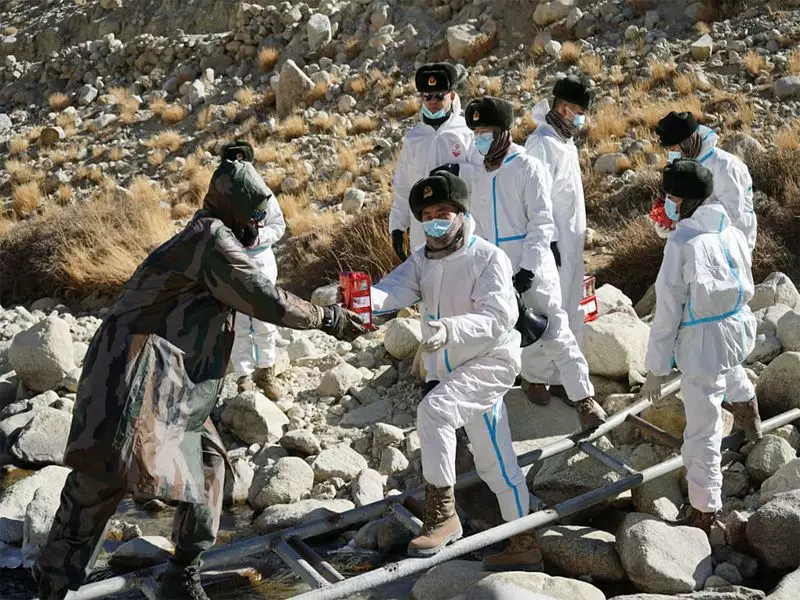
In a crucial diplomatic-military engagement, the Indian and Chinese armies have concluded their 23rd round of Corps Commander-level talks, marking another step toward resolving the prolonged border standoff along the Line of Actual Control (LAC).
The high-level meeting took place at the Moldo-Chushul border meeting point on the Chinese side, with both delegations demonstrating a renewed commitment to peace and stability in the volatile border regions.
Key Outcomes and Positive Developments
According to official statements from the Indian Army, the discussions were conducted in a "friendly and cordial atmosphere," with both sides actively working towards achieving complete disengagement in the remaining friction points along the LAC.
The talks built upon the progress made during previous rounds, with military commanders from both nations exchanging perspectives in an open and constructive manner. This positive momentum suggests both nuclear-armed neighbors are serious about de-escalating tensions that have persisted since the 2020 border clashes.
Restoring Peace Along the Border
Both nations have agreed to maintain regular communication through relevant military and diplomatic mechanisms. This ongoing dialogue aims to ensure stability along the LAC while working toward mutually acceptable resolutions to the complex border issues.
The joint statement highlighted that restoring peace and tranquility in the border areas would significantly contribute to the overall development of bilateral relations between the two Asian giants.
What This Means for Regional Stability
These military-level talks represent a critical confidence-building measure between the world's two most populous nations. The continued engagement demonstrates that despite historical differences and occasional tensions, both countries prefer diplomatic solutions over military confrontation.
The positive outcomes from these discussions are expected to pave the way for enhanced bilateral cooperation and create a more stable security environment in the strategically important Himalayan region.





